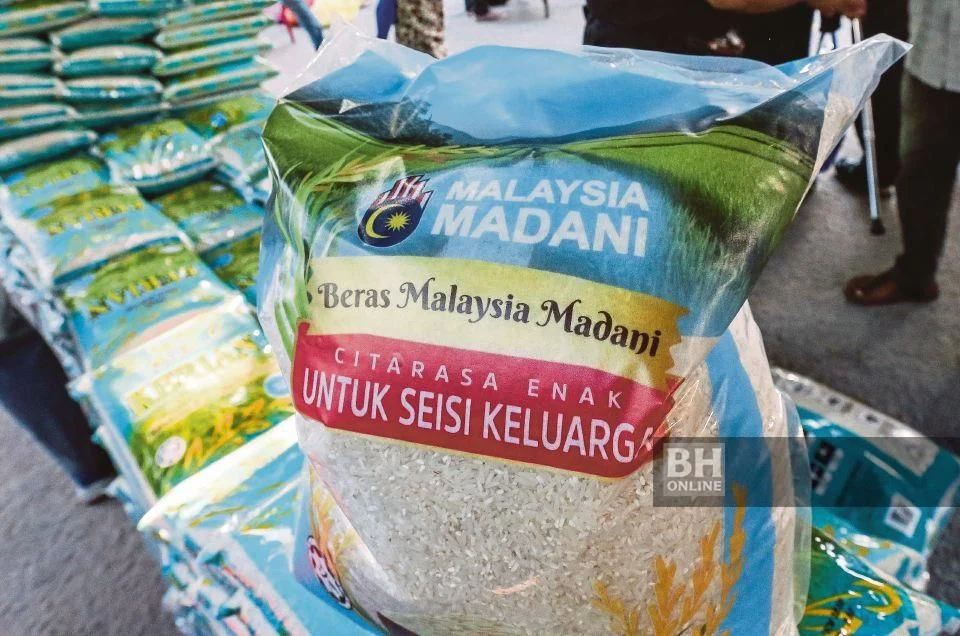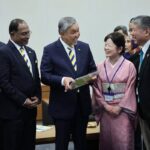UMNO Youth chief Akmal Saleh is against the proposal to introduce what has been dubbed as Madani rice, which aims to combine local white rice and imported rice under one category.
According to Akmal, the proposal by Bukit Gantang MP Syed Abu Hussin Hafiz only benefits certain businesses that already control the rice market.
“Don’t deceive people with this Madani rice proposal.
“If the Madani rice is sold, traders will no longer sell local white rice priced at RM26, they would likely sell the one being priced at RM30 because it is more profitable,” he said in a video posted on his FB on Saturday.
Akmal also claimed that the proposal would hurt the sale of local white rice if it were implemented.
He said the government should stop “cartels” from mixing local white rice with imported white rice.
“If Madani rice is implemented, I am sure there will be no local white rice in the market as we already have issues of shortages of local white rice,” he said.
Akmal said the government should focus on improving local rice instead of benefiting the cartels and burdening the people.
The Madani rice idea was recently floated by Syed Abu, one of six MPs from Bersatu who had bucked his party’s stand to declare support for Prime Minister Datuk Seri Anwar Ibrahim’s government.
Syed Abu, who has been appointed chairman of the Task Force (Food Cluster) in the National Cost of Living Action Council (NACCOL), said that the government will introduce a single category for white rice to replace local and imported white rice in the domestic market to be known as Malaysian Madani White Rice.
He added that the government will also set a ceiling price for white rice at RM30 for 10kg of rice, RM15.50 for 5kg, and RM3.50 for 1kg packs.
The NACCOL is scheduled to meet and decide on rice price controls this week, Anwar told reporters on February 16.
Malaysia grows rice but production is insufficient to meet domestic demand and has been affected by the global rice shortage after India, the world’s largest producer, limited its rice exports since July 2023.







